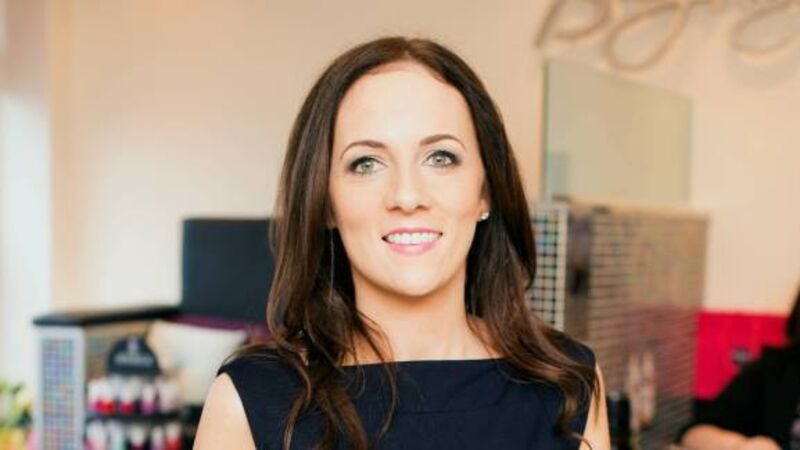Laura determined not to let MS diagnosis beat her

LAURA McLoughlin is a young successful businesswoman — running her own beauty salon called Burgundy Beauty in Blackrock Dublin. The 29-year-old would have always described herself as a workaholic and a ‘gym bunny’ with a great social life.
But she has started taking life at a slower pace — because last summer she was diagnosed with Multiple Sclerosis (MS).











